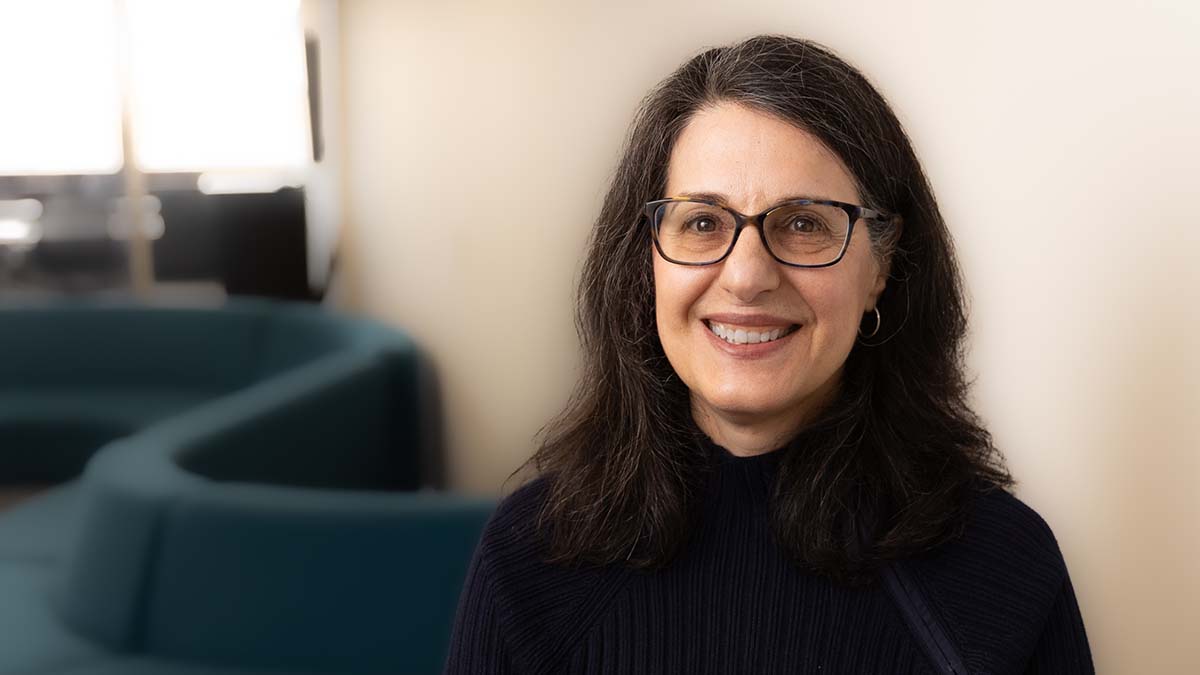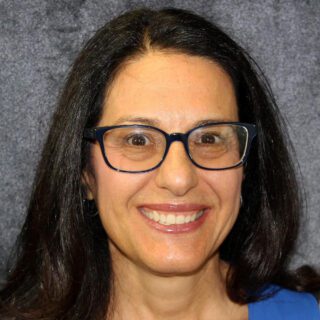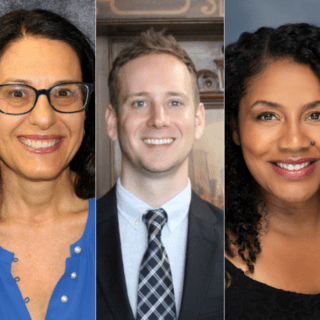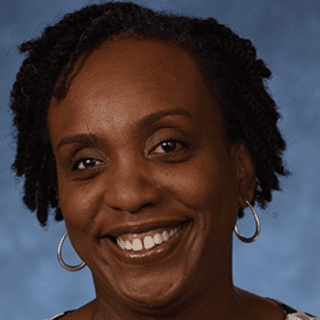
Faculty Member Linda DeAngelo Receives ASEE Best Paper Awards
A paper co-authored by University of Pittsburgh School of Education faculty member Linda DeAngelo received two top honors from the American Society for Engineering Education (ASEE).
“Equitable Engineering Identity? Race/Ethnicity and Gender Differences in the Predictors of Engineering Identity in First-Year Engineering” was awarded ASEE’s Best Paper within the Education Research and Methods Division and Professional Interest Council II. The awards were presented at the 2024 ASEE Annual Conference and Exposition on June 23-26 in Portland, Oregon.
The award-winning paper was published by ASEE as part of their 2024 Conference Proceedings. It investigates predictors of engineering identity among first-year engineering students to identify the importance of sociocultural interventions that improve the engagement and retention of women and Black, Latino/a/x, and Indigenous (BLI) engineering students.
“We have been working to address inequities in student outcomes in STEM for decades and although more women and BLI students are entering engineering, inequities in student outcomes haven’t closed nearly enough,” says DeAngelo, an associate professor in Pitt Education’s Department of Educational Foundations, Organizations, and Policy.
Matthew Bahnson, a research scientist at Purdue University who is the first author on the paper, says that students’ sense of belonging in engineering classrooms is a key contributor to their concepts of themselves as engineers, known as engineering identity.
“Students who see themselves as engineers are more likely to continue in engineering majors and careers,” says Bahnson. “We wanted to know if the contributions to engineering identity were different for groups underrepresented in engineering such as women and BLI students.”
The researchers surveyed 834 first-year engineering students about their perceptions of themselves as engineers, their sense of belonging in class, their interactions with students with different gender or racial identities from their own, and other questions about self-efficacy, identity, and belonging.
The findings suggest that the connection between belonging, engineering identity, and students’ beliefs in their ability to be a successful engineer does differ for women and BLI students. Bahnson says that understanding these differences can improve classroom experiences for underrepresented students.
“Engineering programs can use this research as an impetus to ensure that classrooms treat students equitably by recognizing that all students do not experience the classroom environment in the same way,” says Bahnson. “As such, interventions and changes to classroom environment need to ensure that the effects support women, BLI, and other underrepresented groups rather than focusing on an overall average which is dominated by overrepresented groups of students.”
Bahnson is a research associate for the UBelong Collaborative, a research project housed at the University of Pittsburgh School of Education and the Learning Research & Development Center (LRDC) which aims to promote belonging and academic equity in STEM through the development, refinement, and validation of customizable social-belonging interventions. DeAngelo is one of the principal investigators for the collaborative. Other UBelong team authors named in this award include Eric McChesney and Kevin Binning from the LRDC, Carlie Cooper from the University of Georgia, and Allison Godwin from Cornell University.
“It is an honor to not only be doing work that makes a tangible difference but to be recognized for that work,” says DeAngelo. “Our work on the UBelong team moves beyond documenting inequities and how they manifest in classrooms and does something to address and remedy these inequities. This important award from our engineering educator colleagues means that our team is being seen as making a real difference.”



